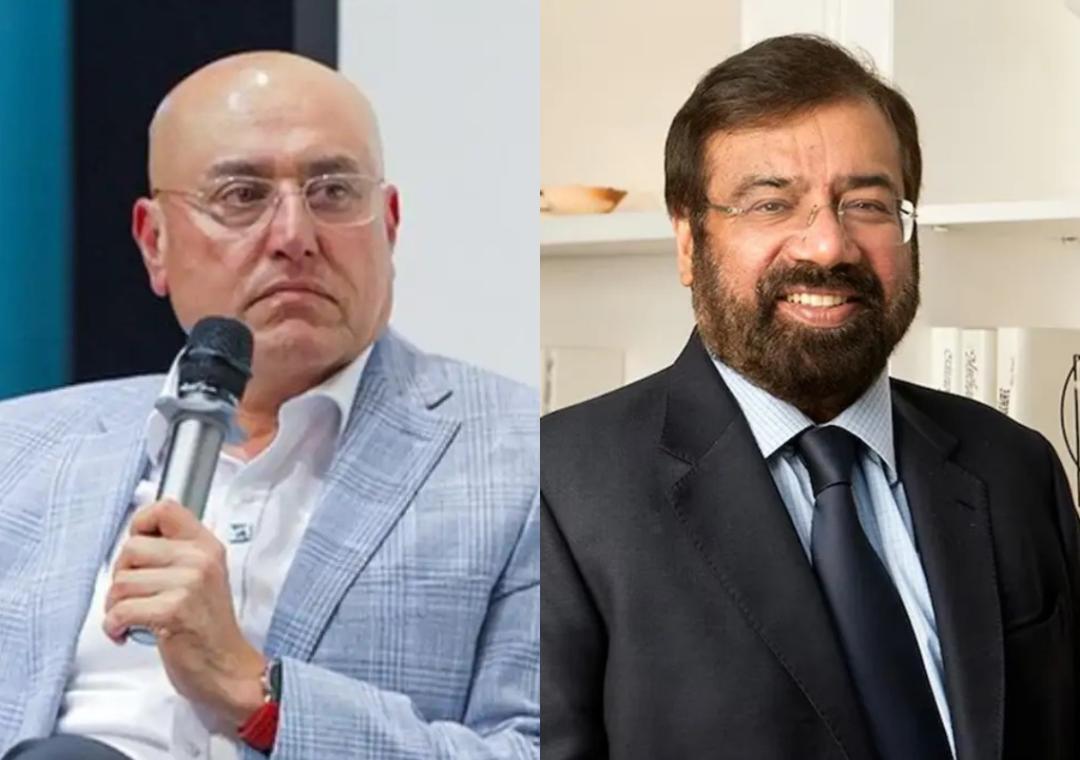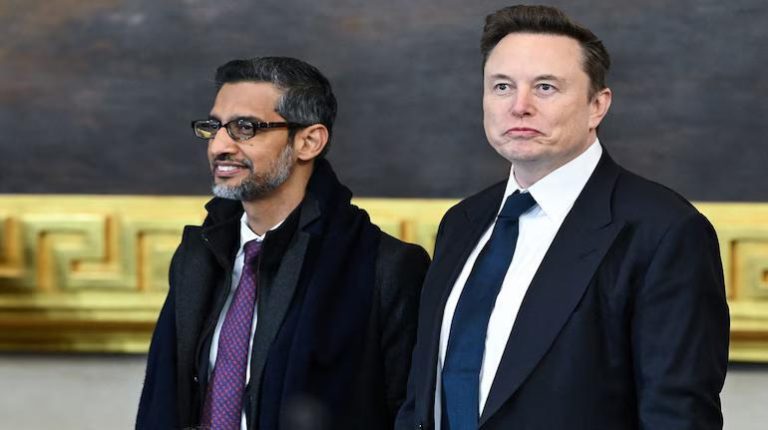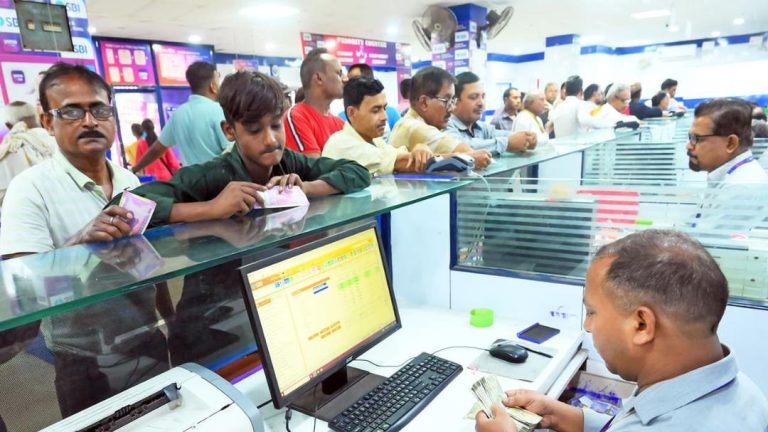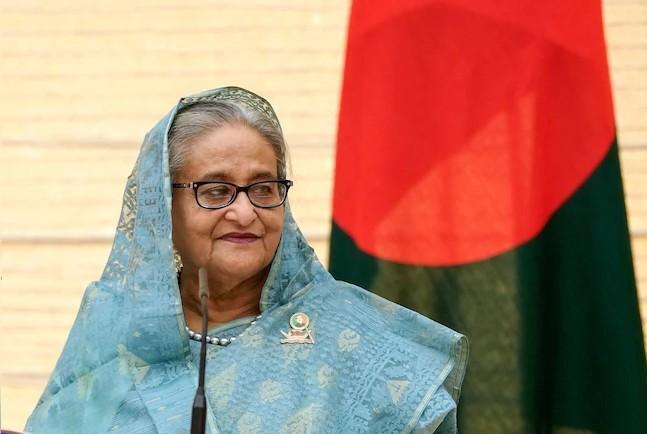
Hotmail Co-founder says “truth=anti-India”, Goenka replies “Living in US & lecturing us?”
In a recent Twitter exchange, Sabeer Bhatia, the co-founder of Hotmail, sparked controversy by claiming that those who speak the truth in India are often labelled as “anti-national”. Bhatia’s statement has been met with strong reactions from many, with one prominent Indian businessman, Harsh Goenka, firing back in a scathing reply.
Bhatia’s initial tweet read: “In India, those who speak the truth are termed ‘anti-national’. Then who’s a national? The one who lies to you?” The tweet sparked a heated debate, with many interpreting his statement as a criticism of the Indian government’s handling of dissenting voices.
However, Goenka, the chairman of RPG Enterprises, did not take kindly to Bhatia’s comment. In a sharp response, he wrote: “Living in California and lecturing a billion Indians back home?…India doesn’t need sermons from those who packed up and left.”
Goenka’s response was met with widespread applause from many, who saw his words as a necessary correction to Bhatia’s perceived condescension. For many Indians, Bhatia’s statement came across as disingenuous, given his own decision to leave the country and live in the United States.
Bhatia’s tweet was seen by many as a veiled criticism of the Indian government’s policies, particularly its handling of dissenting voices and free speech. However, Goenka’s response highlighted the perceived hypocrisy of Bhatia’s stance, given his own decision to leave India and live in the US.
Goenka’s response was not limited to simply correcting Bhatia’s statement. He also took the opportunity to highlight the struggles faced by many Indians who choose to stay in the country and work towards its betterment. “India is a complex country with many challenges,” Goenka wrote. “We need people who have the courage to speak truth to power, but we also need people who have the courage to stay and fight for a better India, rather than fleeing to greener pastures.”
Goenka’s words struck a chord with many, who saw his response as a passionate defense of India and its people. For many, Bhatia’s statement was seen as a disingenuous attempt to lecture India on what it means to be a “national”, given his own decision to leave the country and live in the US.
The debate sparked by Bhatia’s tweet has highlighted the complex and often fraught relationship between India and its diaspora. For many Indians, the decision to leave the country is often seen as a personal choice, rather than a commentary on the country itself. However, for others, the decision to leave is seen as a betrayal, and a reflection of the country’s inability to provide its citizens with the opportunities and freedoms they deserve.
Ultimately, the debate sparked by Bhatia’s tweet serves as a reminder of the complexities and challenges faced by India, as well as the importance of staying true to one’s values and principles. As Goenka so eloquently put it, “India doesn’t need sermons from those who packed up and left.” Instead, the country needs people who are willing to stay and fight for its betterment, rather than fleeing to greener pastures.






